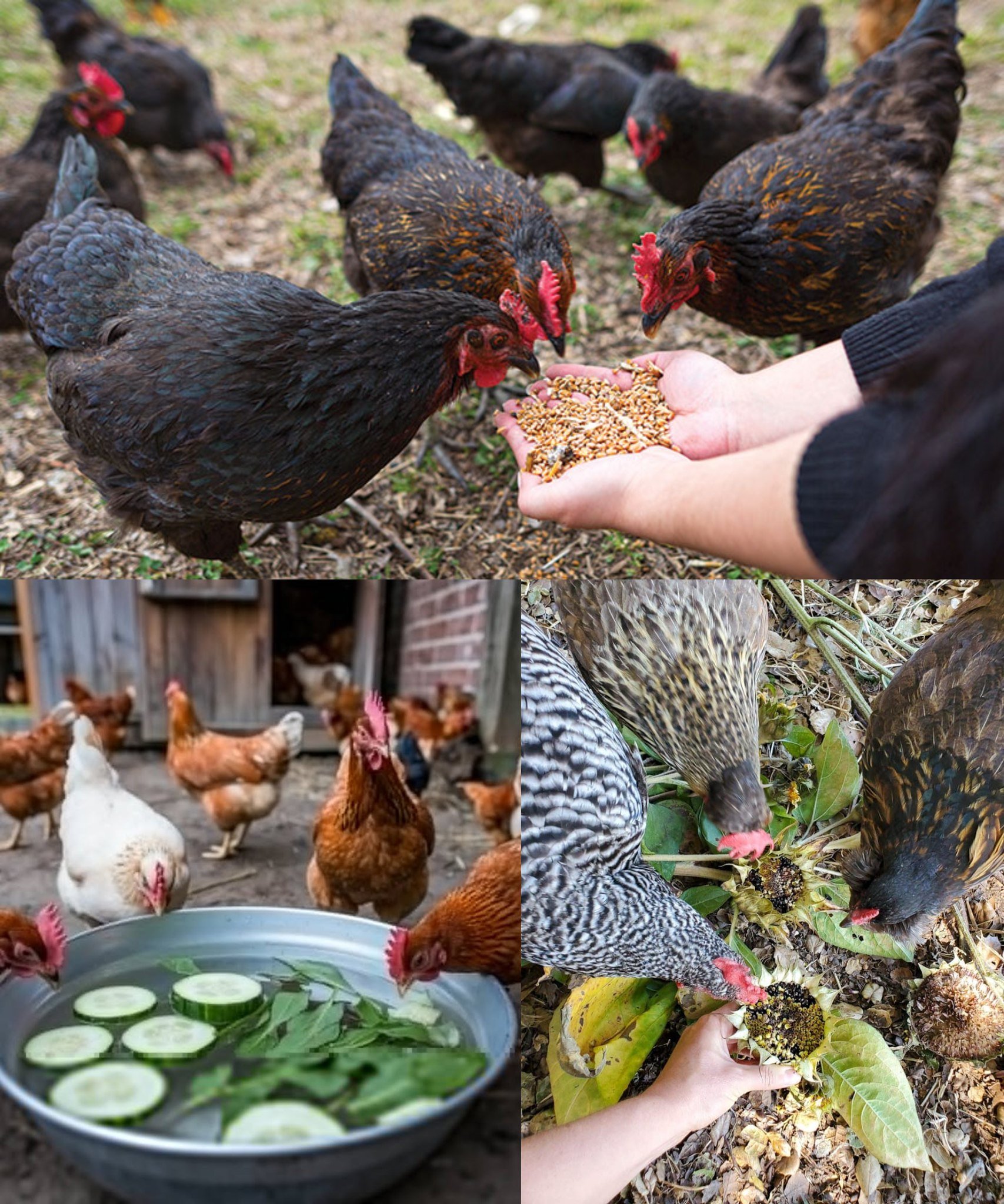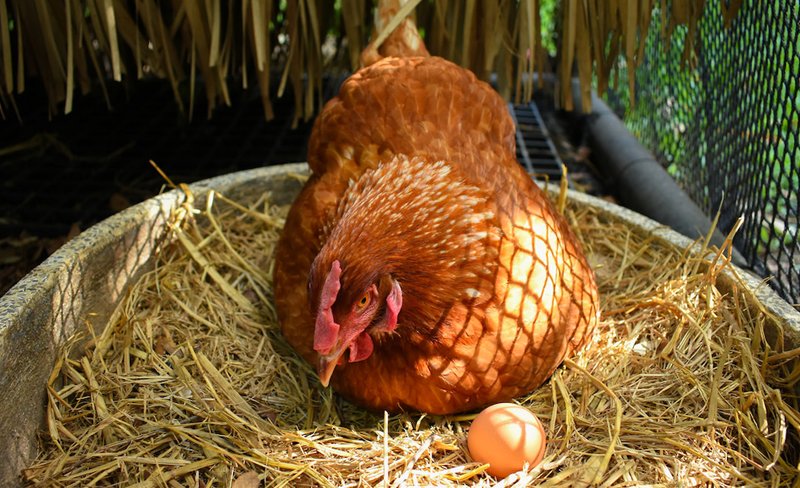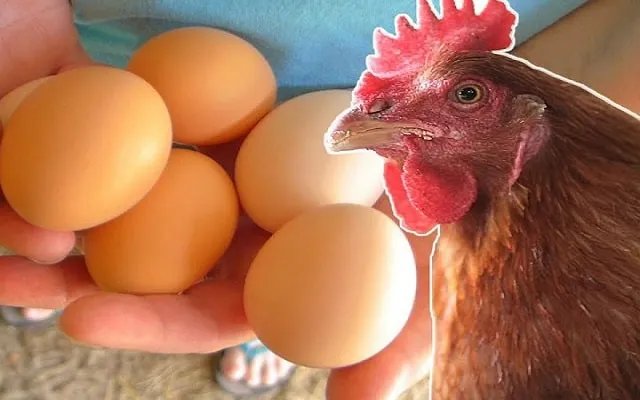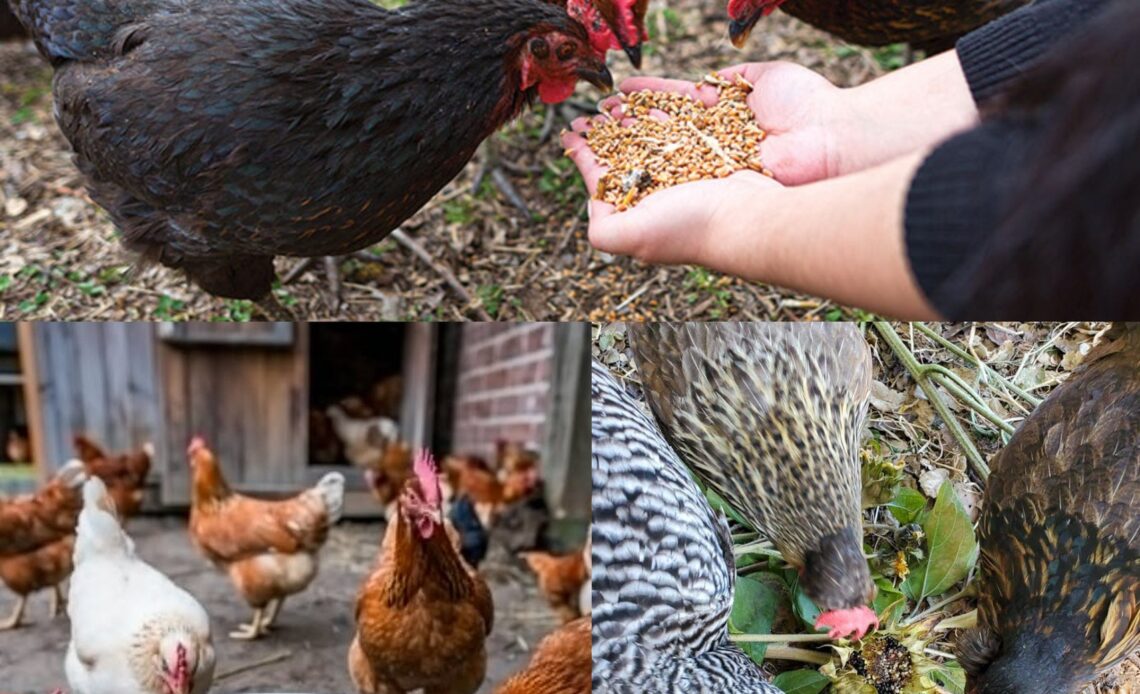Egg production is one of the most important factors for poultry farmers and backyard chicken keepers. If your hens are not laying enough eggs, you might be missing some key elements in their care. Several factors, including diet, lighting, environment, and overall health, play a crucial role in maximizing egg production. By making small adjustments, you can significantly increase the number of eggs your hens produce while ensuring their well-being.
In this guide, we will cover essential tricks to help your chickens lay more eggs consistently. Whether you have a small flock in your backyard or a larger poultry farm, these strategies will help you achieve a steady supply of fresh eggs.
## 1. Ensure Proper Lighting for Consistent Egg Production

Light plays a crucial role in egg production, as hens require at least 14 to 16 hours of light per day to lay eggs regularly. If you notice a decrease in egg production, especially during the winter months, it might be due to reduced daylight hours.
### How to Provide Adequate Lighting:
– **Use Artificial Light in Winter:** During shorter days, supplement natural light with LED or incandescent bulbs to maintain the required 14–16 hours of light.
– **Install Soft Lighting:** Avoid overly bright lights, as they can stress chickens. Soft, warm lights work best.
– **Consistency is Key:** Set up a timer to turn the lights on and off at the same time each day to maintain a natural routine.
By ensuring proper lighting, your hens will continue to lay eggs consistently throughout the year.
## 2. Feed a Balanced and Nutritious Diet
Diet plays a direct role in egg production. Hens require a well-balanced diet with sufficient protein, calcium, vitamins, and minerals to lay high-quality eggs.
### Key Nutrients for Egg-Laying Hens:
– **Protein:** Essential for egg formation. Feed hens protein-rich sources like soybean meal, fish meal, or soldier fly larvae.
– **Calcium:** Helps form strong eggshells. Provide crushed eggshells or oyster shells as a calcium supplement.
– **Whole Grains:** A combination of corn, wheat, and oats provides essential carbohydrates and energy.
– **Fresh Vegetables and Fruits:** Offer nutritious options like carrots, spinach, pumpkins, and leafy greens to supply vitamins.
– **Avoid Processed Foods:** Never feed your chickens processed, salty, or spoiled food, as it can negatively impact their health and egg production.
A well-fed chicken is a productive chicken, so always ensure they receive high-quality, balanced nutrition.
## 3. Provide Fresh and Clean Water Daily

Water is essential for overall health and egg production. Dehydration can quickly lead to reduced egg-laying.
### Tips for Proper Hydration:
– **Keep Water Clean:** Change the water daily to prevent contamination.
– **Provide Plenty of Water Sources:** If you have a large flock, make sure there are enough water stations to avoid crowding.
– **Use Warm Water in Winter:** Cold water can discourage drinking, so provide lukewarm water during colder months.
Hydrated hens are healthier and produce more eggs, so always keep an eye on their water supply.
## 4. Maintain a Comfortable and Stress-Free Environment
Stress is one of the biggest factors that can reduce egg production. Chickens need a peaceful, safe, and clean environment to thrive.
### How to Reduce Stress in Chickens:
– **Keep the Coop Clean:** Regularly clean the chicken coop to prevent disease and discomfort.
– **Provide Enough Space:** Each chicken should have enough space to move around freely. Overcrowding can lead to stress and aggression.
– **Reduce Noise and Predators:** Loud noises and the presence of predators can cause stress and lower egg production. Ensure the coop is in a quiet, protected area.
– **Use Nesting Boxes:** Hens need comfortable nesting boxes to lay eggs without disturbance. Provide one nesting box for every 3–4 hens.
When chickens feel safe and comfortable, they will lay eggs more frequently.
## 5. Use Natural Herbs and Supplements to Boost Egg Production

Certain herbs and natural supplements can enhance egg production by boosting immunity and improving digestion.
### Beneficial Herbs for Chickens:
– **Oregano:** Helps prevent infections and strengthens the immune system.
– **Basil:** Supports respiratory health and provides essential vitamins.
– **Mint:** Aids digestion and repels pests in the coop.
– **Garlic:** Acts as a natural antibiotic and parasite repellent.
Mixing these herbs into your chickens’ diet can naturally improve their overall health and egg production.
## 6. Encourage Free-Range Time and Exercise
Allowing chickens to roam freely benefits their health, making them more active and improving egg production.
### Why Free-Range Time is Important:
– **Encourages Natural Foraging:** Chickens can peck at insects, worms, and plants, which supplement their diet.
– **Reduces Boredom and Aggression:** Free-ranging keeps chickens engaged and reduces the risk of pecking each other.
– **Improves Overall Health:** Active chickens are generally healthier, which leads to better egg-laying performance.
If full free-ranging is not possible, consider using a chicken run to provide them with more space.
## 7. Maintain Regular Health Check-Ups
Regular health checks help prevent diseases that can impact egg production.
### Key Health Checks for Laying Hens:
– **Monitor for Parasites:** Check for mites, lice, and internal parasites, as they can weaken chickens and lower egg output.
– **Watch for Signs of Illness:** Lethargy, decreased appetite, or changes in eggshell quality can indicate health problems.
– **Vaccinate When Needed:** Consult a vet to determine necessary vaccinations and treatments.
By keeping your flock healthy, you ensure a continuous supply of fresh eggs.
## 8. Be Patient and Consistent

While these methods will help maximize egg production, patience is also necessary. Young hens (pullets) usually start laying eggs between 5–6 months of age. Some breeds lay more frequently than others, so consider choosing high-production breeds such as:
– **Leghorns** – Known for laying up to 280–320 eggs per year.
– **Rhode Island Reds** – Excellent layers with high resistance to disease.
– **Sussex** – Dual-purpose breed that lays a steady supply of eggs.
If your hens are well-fed, healthy, and stress-free, they will reward you with fresh eggs consistently.
## Conclusion
Boosting egg production in chickens is not difficult when you provide the right care, nutrition, and environment. By ensuring adequate light, a balanced diet, fresh water, and a stress-free living space, you can maximize your chickens’ productivity. Adding natural supplements, allowing free-range time, and performing regular health check-ups will further enhance egg production.
With these simple yet effective tricks, your chickens will remain happy and healthy, producing fresh eggs daily for your household or farm.
